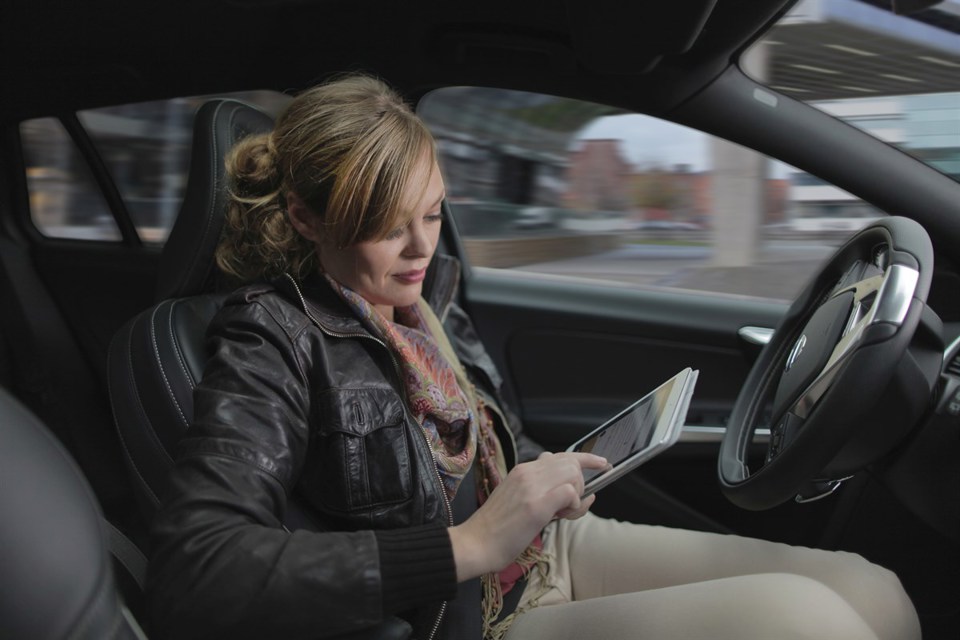The Government has commissioned a detailed review of driving laws to enable autonomous cars to be developed and tested in the UK.
Roads Minister Jesse Norman announced the start of the three-year review by the Law Commission of England and Wales and the Scottish Law Commission yesterday (Tuesday, March 6).
They will examine any legal obstacles to the widespread introduction of self-driving vehicles and highlight the need for regulatory reforms.
The Government says that the work will be crucial in examining how current driving laws – designed with traditional motoring in mind – can support the next generation of vehicles.
Key aspects will be adjusting traditional laws to reflect the fact self-driving vehicles of the future will not have a ‘driver’ or perhaps even a ‘steering wheel’ like traditional cars and also consider some of the criminal offences involved.
The review is part of the Future of Mobility Grand Challenge set out in the government’s Industrial Strategy.
Norman said: “The UK is a world leader for self-driving vehicle research and development, and this work marks an important milestone in our continued commitment to the technology.
“With driving technology advancing at an unprecedented rate, it is important that our laws and regulations keep pace so that the UK can remain one of the world leaders in this field.”
The Law Commissions’ joint project will examine difficult areas of law in order to develop a regulatory framework that is ready for self-driving vehicles.
The project will review and answer key questions, such as:
- Who is the ‘driver’ or responsible person, as appropriate.
- How to allocate civil and criminal responsibility where there is some shared control in a human-machine interface.
- The role of automated vehicles within public transport networks and emerging platforms for on-demand passenger transport, car sharing and new business models providing mobility as a service.
- Whether there is a need for new criminal offences to deal with novel types of conduct and interference.
- What is the impact on other road users and how they can be protected from risk.
Law Commissioner Nicholas Paines QC said: “British roads are already among the safest in the world and automated vehicles have the potential to make them even safer. Provided our laws are ready for them.
“We’ll now start consulting widely on how the law should work with this new technology and develop reforms which enable the use of self-driving vehicles in the years to come.”
Scottish Law Commissioner Caroline Drummond added: “Automated vehicles could have a big impact on the way we live and work so it’s important that, UK-wide, we have a legal system which can accommodate them.”
Norman announced the review during a visit to the Gateway project in Greenwich. The project, which is led by the UK’s TRL, has worked on a number of innovative trials and demonstrations, including an autonomous delivery pod with Ocado and an automated valet parking trial.






















Login to comment
Comments
No comments have been made yet.